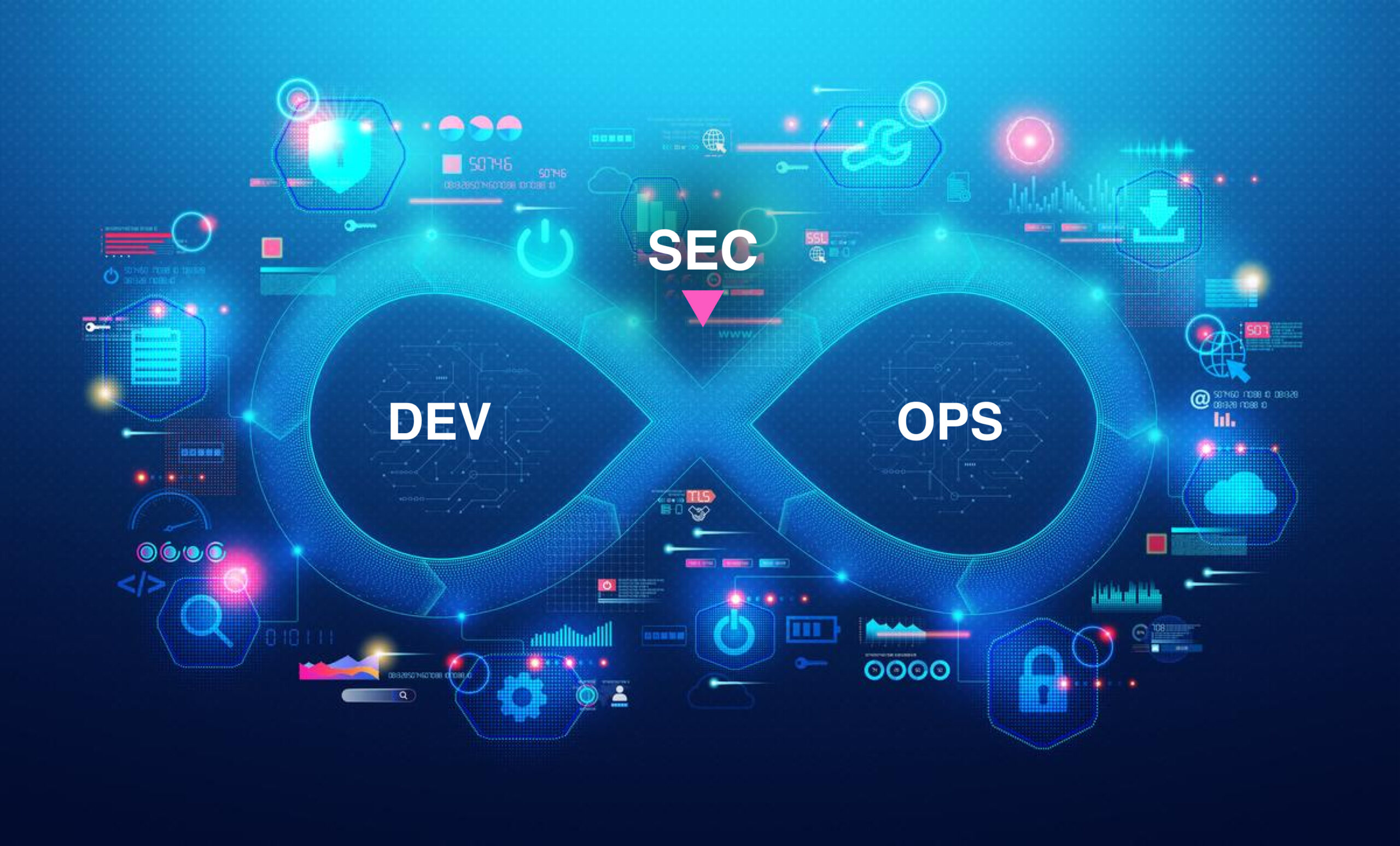The future of offshore software development holds immense promise, and it's time for your business to seize the opportunities it offers. Identifying the right development partners offshore is essential to position your business for success in future markets. If you're uncertain about how to proceed or where to find skilled software developers, rest assured that guidance is available. Begin by exploring potential companies that specialize in offshore development and consider their ability to align with your specific needs and goals. To find such outsourcing partners, you have the following options:
- Search Engines - Utilize search engines as the initial approach to discover offshore software developers by employing targeted search queries, such as:
- "Top offshore development team,"
- "Best offshore development team India,"
- "Hire Offshore Software Developers,"
- "Best Offshore software development services India,"
- "Top Offshore Software Development company."
"Selecting the ideal offshore software development team is a critical decision that requires a methodical approach. While an initial search may yield a list of potential candidates, including promoted services, this is merely the first step in a comprehensive framework for evaluation. By thoroughly investigating these companies—exploring their websites, reviewing client testimonials, analyzing case studies, and examining other relevant information—you can begin a research process that assesses their technical expertise, project experience, and client satisfaction levels. This framework guides you in making informed decisions and ensures that you choose a team that aligns perfectly with your specific needs and goals."
- Language Proficiency - Evaluate the team's language proficiency, focusing on technical fluency and communication skills. A highly skilled team that can articulate complex concepts ensures efficient project coordination and problem-solving.
- Data Security Measures - Scrutinize the company's data security measures, including encryption protocols, access controls, and secure storage solutions. Robust data security practices safeguard sensitive information from breaches and unauthorized access.
- IP Protection Policies - Verify the company's policies for intellectual property protection, such as Non-Disclosure Agreements (NDAs) and proprietary rights. Ensuring proper IP protection prevents misappropriation of your innovations.
- Innovation and R&D Focus - Seek a company that prioritizes innovation and invests in research and development. A focus on R&D indicates a commitment to leveraging cutting-edge technologies and staying ahead of industry trends.
- Quality Assurance Processes - Inquire about the company's quality assurance processes, including testing methodologies, automated testing frameworks, and code reviews. A robust QA process ensures the delivery of high-quality, bug-free software.
- Agile Development Practices - Look for companies that adhere to Agile methodologies, such as Scrum or Kanban, as they facilitate iterative development, continuous feedback, and faster project delivery.
- Client References and Testimonials - Request client references and thoroughly assess testimonials to gain insights into the company's track record and client satisfaction levels. Positive feedback demonstrates the company's ability to deliver successful projects.
- Scalability and Flexibility - Evaluate the company's scalability and flexibility to accommodate changing project requirements and resource needs. A flexible team can adapt to evolving project scopes and timelines effectively.
- Social and Environmental Responsibility - Consider the company's commitment to social and environmental responsibility, including ethical business practices and sustainability initiatives.
- Technical Expertise in Specific Domains - Look for proven expertise in domains relevant to your project, such as web development, mobile app development, or AI/ML solutions. Specialized expertise ensures a deep understanding of your project's technical requirements.
- Support and Maintenance Services - Inquire about the company's post-development support and maintenance offerings. A reliable support system ensures prompt assistance and updates after the software's deployment.
- Client Retention Rate - Check the company's client retention rate to indicate customer satisfaction and long-term partnerships. A high retention rate signifies consistent delivery of value to clients.





